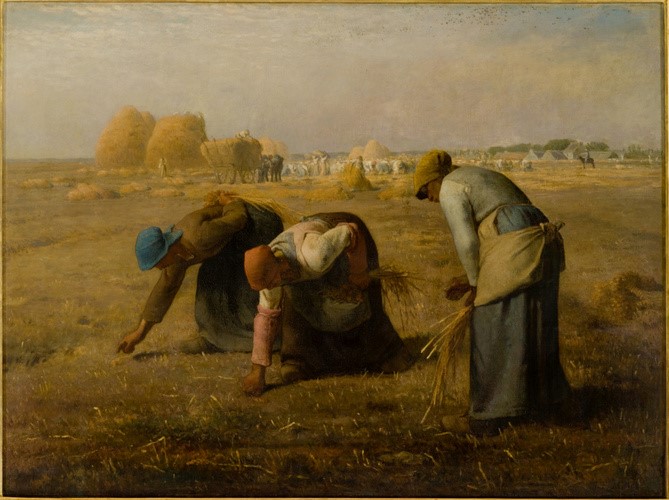Shabbat Aharei Mot/Kedoshim Shalom
Dedicated to my granddaughter Lily Diana (Aviva Chaya), on her Bat Mitzvah
Apr 28, 2023
By Phyllis Chesler

Miracle of miracles—or so it seems to me. As someone who grew up in Borough Park in the 1940s and 1950s and who was not allowed to have a Bat Mitzvah—imagine my joy, my pride, my wonder, that my eldest granddaughter will help lead services, leyn from the Torah and the Haftorah, and deliver a drash on the very day she turns thirteen, this coming Shabbat. I very much look forward to what she has to say.
I’ve read Kedoshim before. Once, many years ago, I delivered a drash about it at a synagogue which focused on what it means for both women and men to become “holy.” However, this time round, something entirely different caught my eye.
For example, in what Rabbi Jonathan Sacks (z”l) calls “the democratization of holiness,” we are all commanded to leave the “gleanings” of our fields and vineyards for the widow, the poor, the stranger, and the proselyte (19:9-10). And so, unbidden, Ruth, the convert, the stranger, the widow, instantly came to mind; Ruth, who followed her impoverished mother-in-law Naomi back from Moav to the Holy Land; Ruth, in whose merit, as the mother of Oved, the grandmother of Yishai, the great-grandmother of King David, we will be redeemed. Ruth—who exemplifies love and a destiny entirely between women—a mother-in-law and a daughter-in law—neither of whom are biologically related.
And then I noticed something else—Ruth is truly another Avraham. Avraham was commanded to leave his “land, his birthplace, and his father’s house to a land that [God] will show him” (12:1). God also promises Avraham that “[God] will make [Avraham] into a great nation” (12:2) Ruth is given no such promise. And yet, she leaves her mothers’ home, her people, her god (1:8). Amazingly, Ruth leaves all behind her to join a people as well as God. (Megillat Ruth 1:16). This suggests that the concept of a people “holy to God” may continue to exist, both in exile as well as in the Holy Land.
Oh, the Torah is a heavenly symphony, with words, phrases, and musical notes reminding us of all that has gone before and all that which is yet to come.
Sweet Shabbat Shalom.
I wish to acknowledge the great Tikva Frymer-Kensky (z”l) for her discussion of Ruth in Reading the Women of the Bible.
